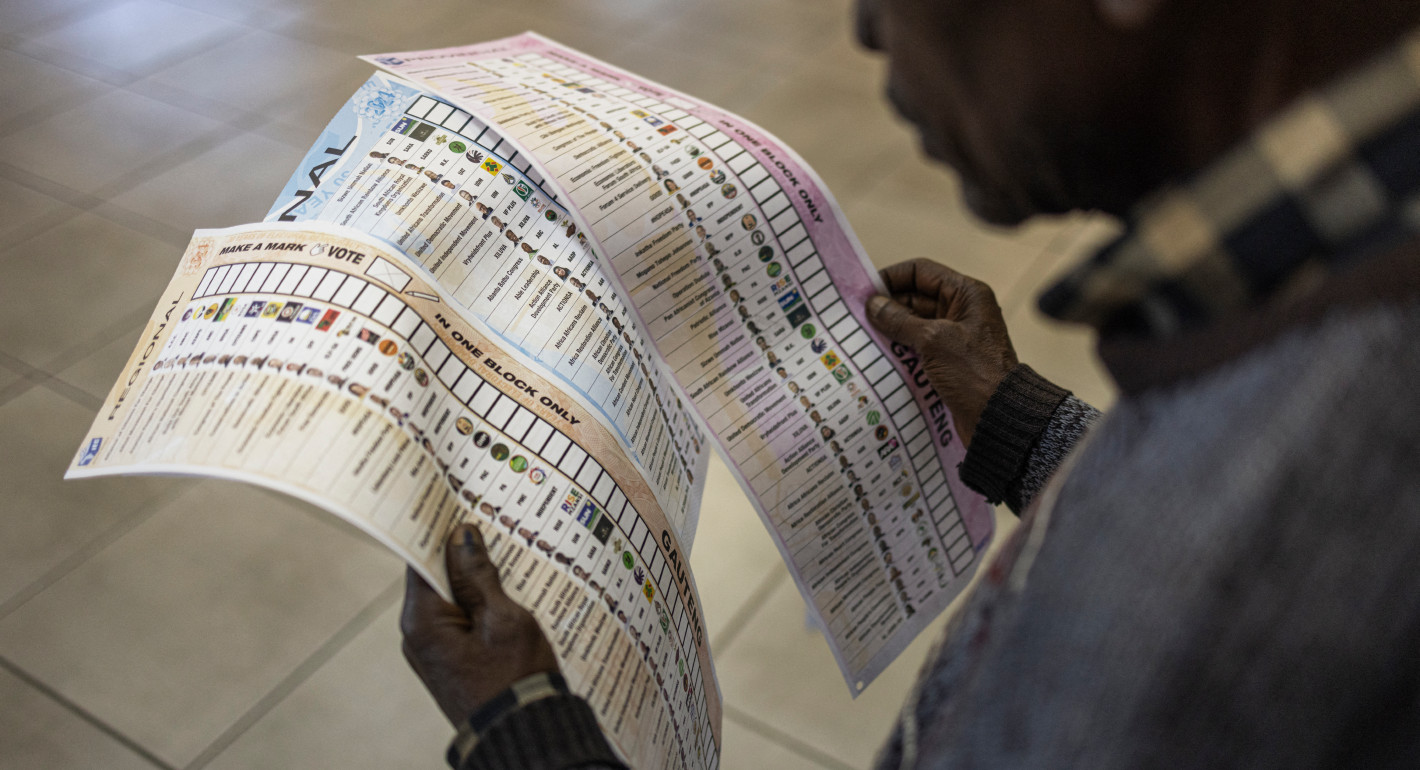On May 29, South Africans will decide across three separate ballots the control of Parliament and nine provincial assemblies. The election will determine whether the African National Congress (ANC), led by President Cyril Ramaphosa, is able to maintain its thirty-year grip on the electorate or if the party that has ruled since the end of apartheid will be forced to form a coalition for the first time. The interests of the possible governing coalitions have wide-ranging implications domestically, regionally, and globally, as South Africa continues to make its case as a standard-bearer for international leadership on the continent.
Despite a wide margin of error in opinion polling and decline in vote-share from 69 percent in 2004 to 57 percent in 2019, the ANC is still expected to maintain its leadership of any government that would form following the elections, which are overseen by the highly trusted Independent Electoral Commission.
However, South Africans are increasingly dissatisfied with many aspects of the country’s governance. Employment, migration, and infrastructure are all emerging as voting issues, especially among younger voters who make up 18 percent of the voting population. Also on voters’ minds is corruption: in April, the National Prosecuting Authority revealed that 700 public officials had been arrested for corruption since the previous national election.
Politically, four main parties have positioned themselves in direct opposition to the ANC, leading to concerns of political gridlock if long-standing rivals are forced to govern together. Opposition parties include the Democratic Alliance, led by John Steenhuisen; the Economic Freedom Fighters, led by Julius Malema; the Inkatha Freedom Party, led by Velenkosini Hlabisa; and the MK party, led by Jacob Zuma, who has since been barred from running for parliament due to a prior conviction.
In the runup to the election, the ANC has campaigned on a wide number of issues, hoping to cater to its existing base and attract fringe voters to make up the expected shortfalls. In full campaign mode, Ramaphosa promised 2.5 million job opportunities over five years and a clean transition from coal to green energy. Elsewhere, the ANC has also made its support for the Palestinian cause clear, highlighting historical ties between the anti-apartheid movements in South Africa and in Palestine and bringing the government’s genocide case against Israel at the International Court of Justice.
With opinion polls swinging wildly, this week’s vote could be another notch in the ANC’s national winning streak or a watershed moment for South Africa’s pluralistic democracy.
Carnegie Africa Program Newsletter
This monthly newsletter is a careful curation of the Carnegie Africa Program’s work and interests. We track key trends within the U.S., on the African continent, in Asia, Europe and around the world as they relate to Africa. We announce upcoming events and share information about recent publications.






